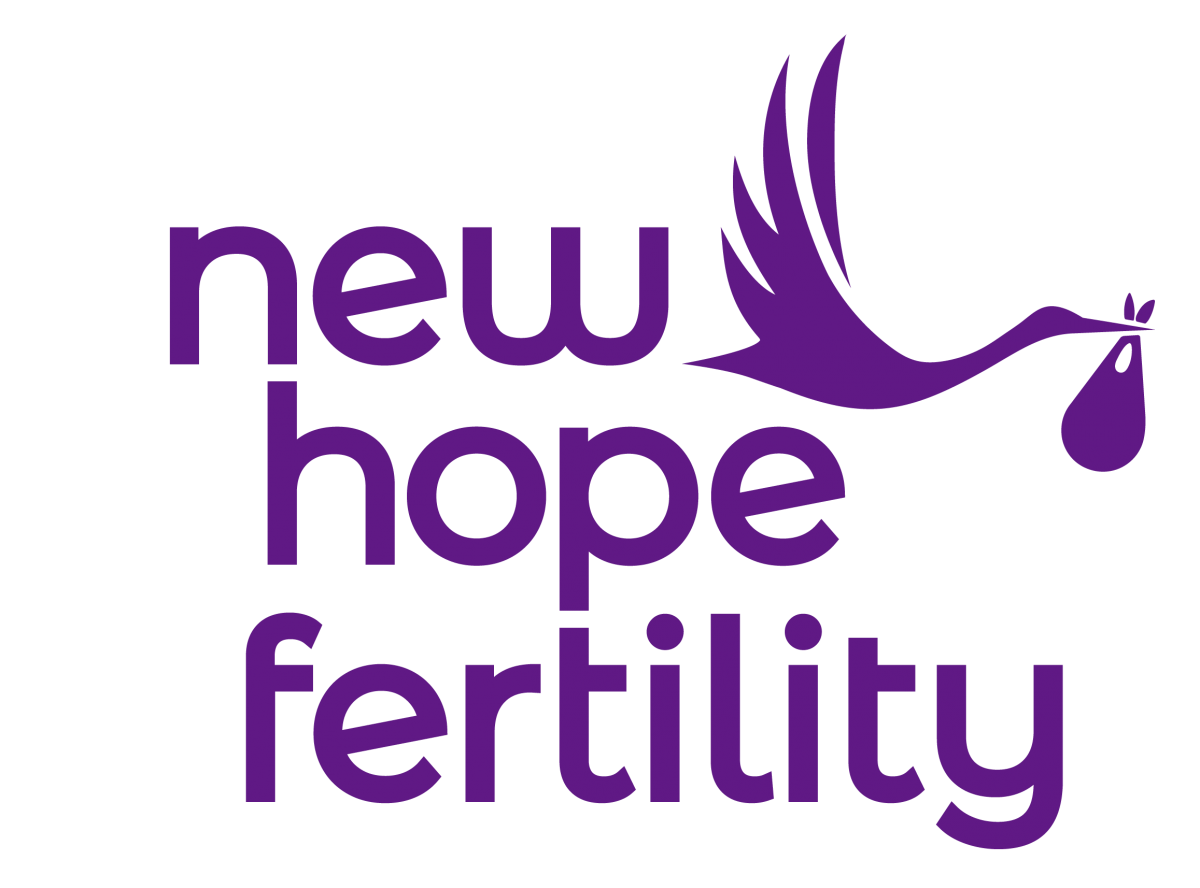What Medical Conditions Can Affect Your Fertility?
We receive many questions and concerns regarding conditions that may affect a woman’s fertility. Some multiple medical conditions or disorders have a direct effect on fertility. Although many of them sound serious, many of them, if not all, are treatable.
Polycystic Ovary Syndrome (PCOS):
Polycystic Ovarian Syndrome is the most common hormone imbalance in women. PCOS causes a hormone imbalance that directly affects fertility. Irregular periods are the most common symptom of PCOS. This may sound severe but PCOS is very much treatable. Treatments for PCOS vary from lifestyle changes to medication. We recommend consulting with your physician to receive the best treatment for you.
Endometriosis:
Endometriosis is a disease where the tissue that lines the inside of the uterus is found outside of the uterus. This disease usually targets the ovaries, fallopian tubes, and other internal organs. Endometriosis can cause painful periods, heavy bleeding, and even infertility. Although this disease is very painful, it is treatable and the most common treatment is surgery.
Adenomyosis:
Adenomyosis is a disease that is similar to endometriosis. It is when endometrial tissue grows into the muscle of the uterus instead of outside the uterus. This may lead to heavy, long, and painful periods, and even decreased fertility. Adenomyosis also causes inflammation that decreases the embryo’s ability to implant into the uterus. Adenomyosis can be treated with IVF, and for women with severe cases of adenomyosis, we suggest Lupron.
Ovarian Cysts:
Ovarian cysts are fluid-filled structures that can attach and grow on the ovary. Ovarian cysts may cause you pain, but if it doesn’t they usually shrink during pregnancy. There is an option to surgically remove the cysts but we recommend not to. Any surgery on the ovary will cause you to lose eggs and even decrease your fertility.
Uterine Fibroids:
Uterine Fibroids are the growths of smooth muscle that grow in the uterus. They usually develop during a woman’s childbearing years or women over the age of 40. Fertility-wise, we focus on the size and location of the fibroid. If it is larger than 4-6cm, it may affect fertility. Also, if the fibroid were to grow inside of the uterine cavity where the embryo implants, it will decrease fertility and may even cause a miscarriage. Treatments for uterine fibroids can be either surgery or medication.
If you think you have any of the conditions listed above, we suggest consulting with your physician to receive the best possible treatment for you. This is meant to be informational and not to be used to self-diagnose yourself.
Why New Hope?
New Hope Fertility Center is home to world-renowned fertility specialists. We custom design fertility treatments for the individual to increase the chances of a successful pregnancy. Our specialists believe in putting the patient first and being with them through every step of the fertility journey. Our team is well versed in helping women of all ages reach their fertility goals and we are passionate about educating, and supporting our patients throughout their journey. If you want compassionate fertility care, New Hope is the right place for you. Call us at (347) 970-8479 or schedule your initial consultation today!

